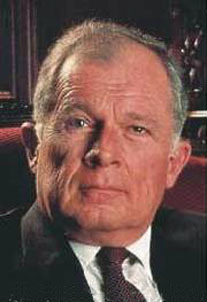One "honoree" of
the 13th Annual Muzzle Awards, published today by The Phoenix, is the Massachusetts legislature, cited for playing a shell game with a weak open meeting law. Since I'm quoted in that write-up, I am compelled to point out that the piece didn't get it quite right. I wholeheartedly agree that the legislature side-stepped an opportunity to add "teeth" to the law and even, to a degree, took a step backward. But not precisely as described.
Under the new open meeting law, Dan Kennedy writes, "a public body can no longer be found to have broken the open-meeting law unless there's a ruling that its behavior was 'intentional.'"
That is not correct. No finding of intent is required for the AG to conclude that the law was violated. The "intent" requirement applies to the
remedy the AG may impose if she finds a violation.
The law provides various
non-monetary remedies the AG is authorized to impose -- order an open meeting, nullify a meeting vote, require attendance at training, and others. It has only one
monetary penalty -- a $1,000 fine for an "intentional" violation.
This fine was in the old law, but without the "intentional" requirement. By adding the necessity to prove "intent" under the new law, the legislature made it much harder to impose a fine for an OML violation.
On top of that, the
Massachusetts Newspaper Publishers Association, of which I am executive director, has long argued that the $1,000 fine is an inadequate sanction, because it is imposed on the board, as a whole, rather than on any specific individual who violates the law. The net effect of this is that a public official can violate the law, but the taxpayers have to pay the penalty, should one be imposed.
The majority of other states handle this differently. They provide for monetary sanctions directed against the individual members of a board who violate the law. Some states even make it a crime to violate the open meeting law. In the context of individual penalties, the "intent" requirement makes sense, because no one wants to punish innocent mistakes or negligent misunderstandings.
It should be noted that several legislators fought hard to give the OML more teeth, most notably
Rep. Antonio F.D. Cabral of New Bedford. It should also be noted that the new enforcement and training powers vested in the AG should result in enhanced compliance with the law, particularly with regard to "innocent" violations.
But as long as public officials face no personal consequences for violating the law, there will always be some who will choose secrecy over public acts, knowing that nothing will happen to them personally. In this case, the Muzzle is deserved, even if there are no teeth to protect against.


